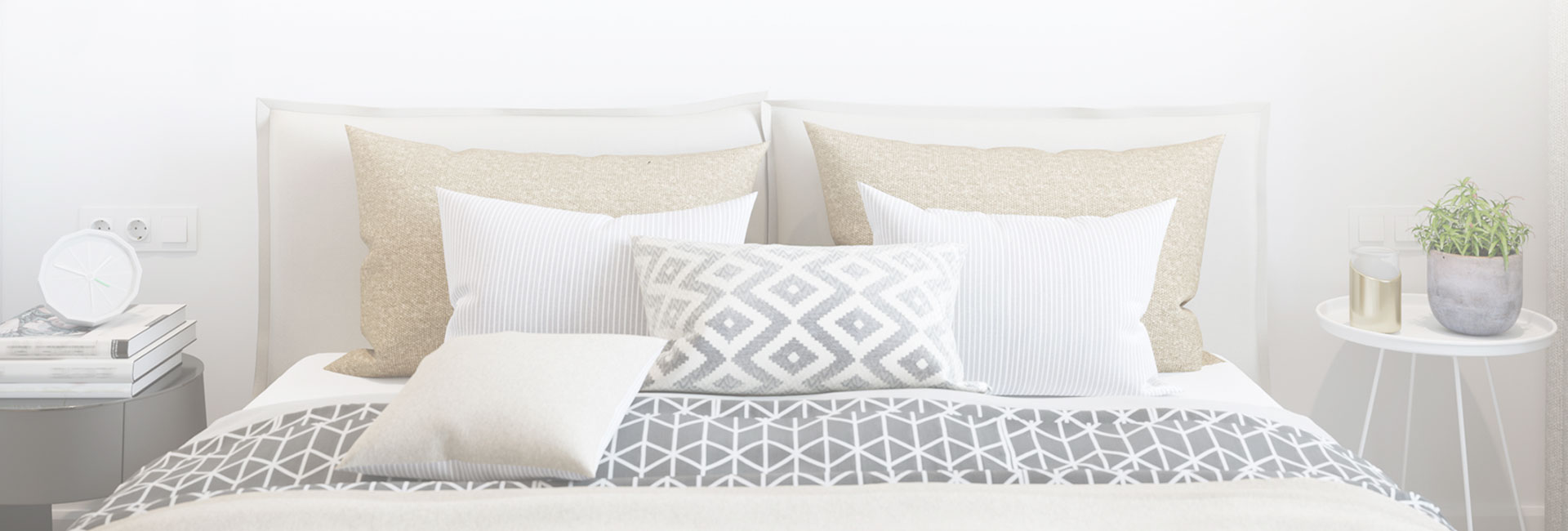While CPAP is very effective in treating sleep apnea, many people cannot tolerate the discomfort of the mask and the inconvenience and noise of the machine. Therefore a high percentage of users have difficulty or will not wear them.
An oral appliance is a popular alternative to the CPAP. This device is small, portable, fits more comfortably and can provide similar treatment benefits.

